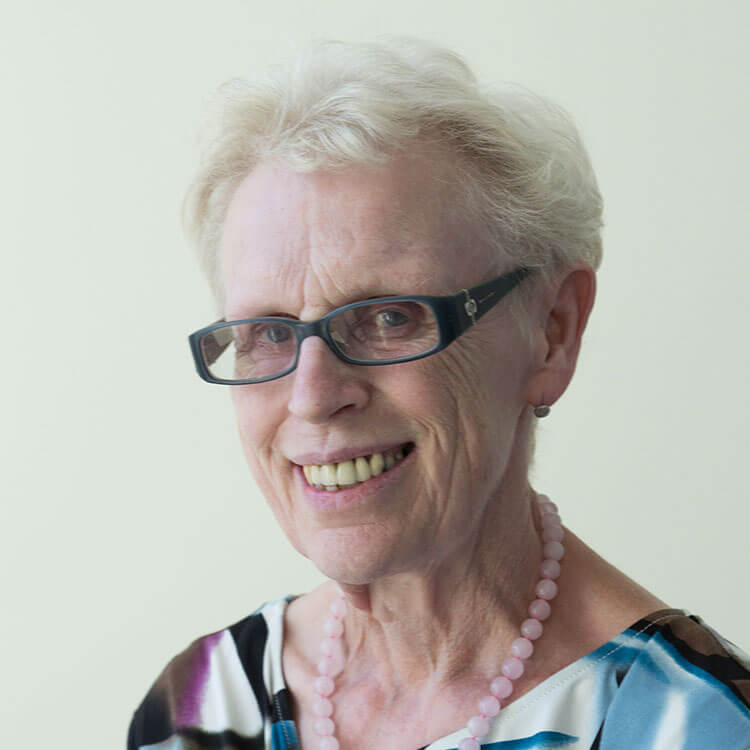Search
Research
Physical and mental health in mothers of children with Down syndrome.Physical and mental health in mothers of children with Down syndrome.
Research
Down SyndromeDown syndrome, also known as Trisomy 21, is one of the most common chromosome abnormalities in humans. It occurs when a child's cells end up with 47 chromosomes instead of the usual 46. Down syndrome causes intellectual disability and other physical and learning challenges.

Improving the lives of children with a disability and their families sits at the core of our team.

Tourette syndrome is a neurodevelopmental disorder characterised by uncontrollable movements and vocalisations known as tics.

Research
Intellectual DisabilityAbout 2 per cent of children are estimated to have an intellectual disability. The cause of the condition is unknown in at least 50 per cent of cases.
Research
Exploring enablers and barriers to accessing health services after a fall among people with intellectual disabilityThere is an urgent need to develop high-quality falls prevention services for older adults with intellectual disability
Research
Pregnancy and birth outcomes of mothers with intellectual disability and their infants: Advocacy needed to improve well-beingFor mothers with intellectual disability, modifiable risk factors for adverse outcomes need addressing
Research
Incidence and associated risk factors for falls in adults with intellectual disabilityPeople with intellectual disability fall at a younger age compared with the broader community
